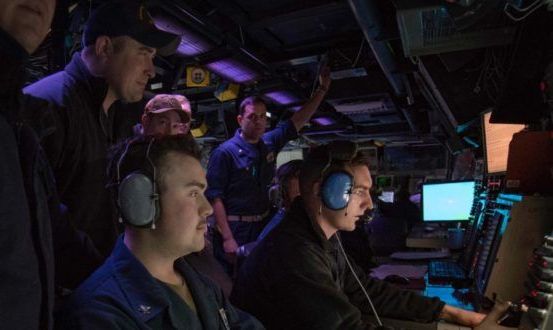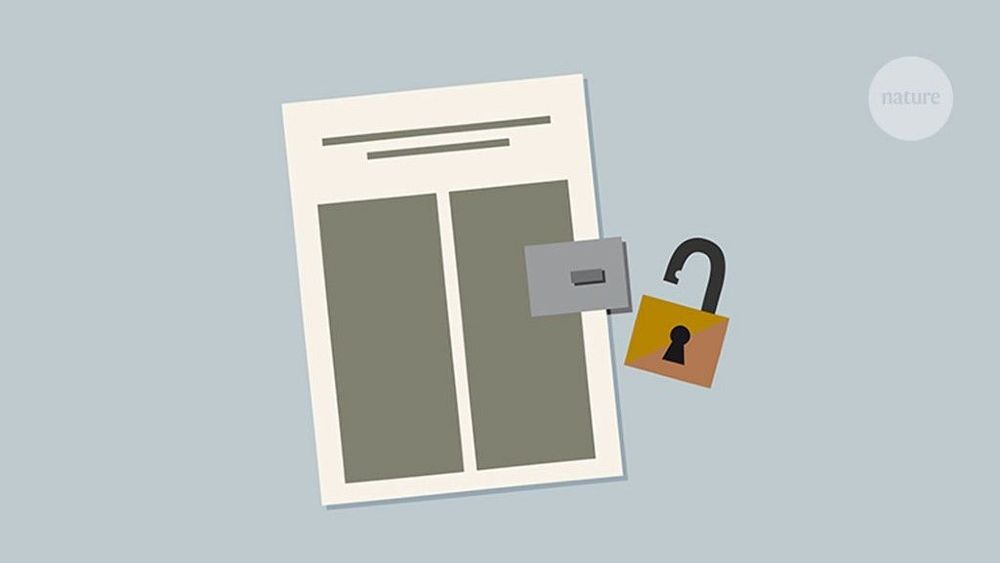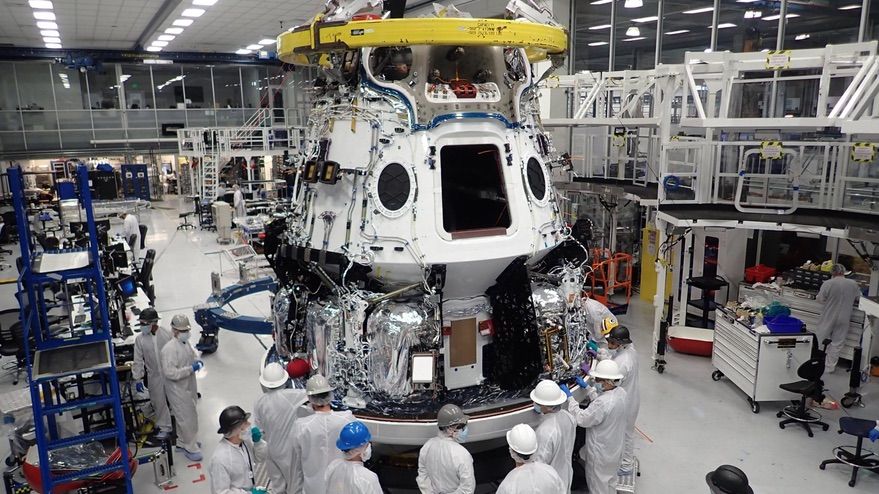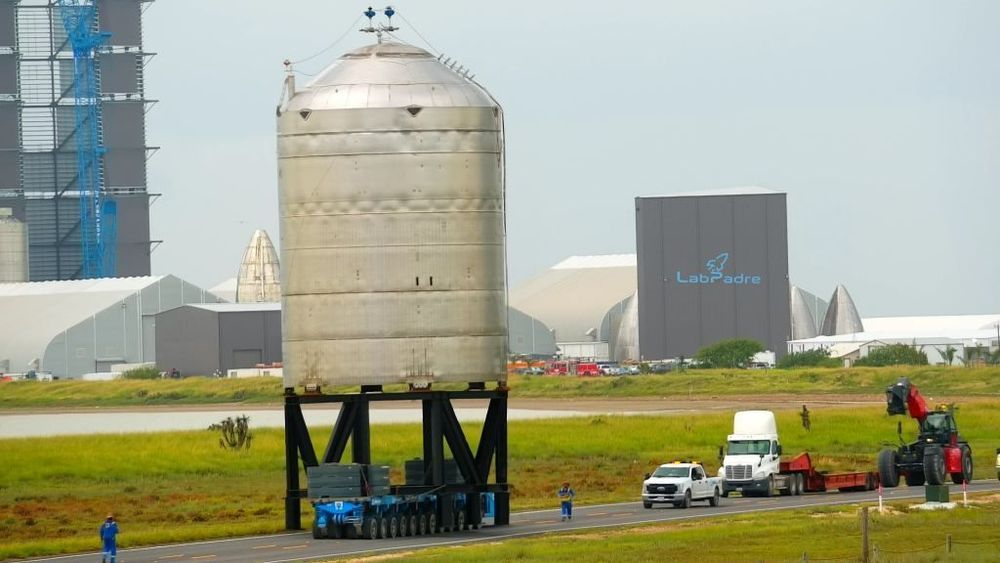Gryphon provides digital engineering, analytics, cyber and cloud solutions to U.S. security organizations. It was awarded a $14million DARPA task order to support the development and demonstration of an uranium-based Nuclear Thermal Propulsion (NTP) System.
The system is a part of the Demonstration Rocket for Agile Cislunar Operations (DRACO) program and will enable the U.S. military to operate spacecraft in cislunar space, Gryphon said. The cislunar space is the region outside the Earth’s atmosphere and just beyond the Moon’s orbit.
“A successfully demonstrated NTP system will provide a leap-ahead in space propulsion capability, allowing agile and rapid transit over vast distances as compared to present propulsion approaches,” said Gryphon’s Chief Engineer Dr. Tabitha Dodson.
“Gryphon is committed to providing high-end technical solutions to our nation’s most critical national security challenges,” said P.J. Braden, CEO of Gryphon. “We are proud to support DRACO and the development and demonstration of NTP, a significant technological advancement in efforts to achieve cislunar space awareness.”
Berlin, 30 September 2020. — The U.S. Defense Advanced Research Projects Agency (DARPA) tasked DC-based Gryphon Technologies to develop a nuclear thermal propulsion system, the firm announced yesterday.





